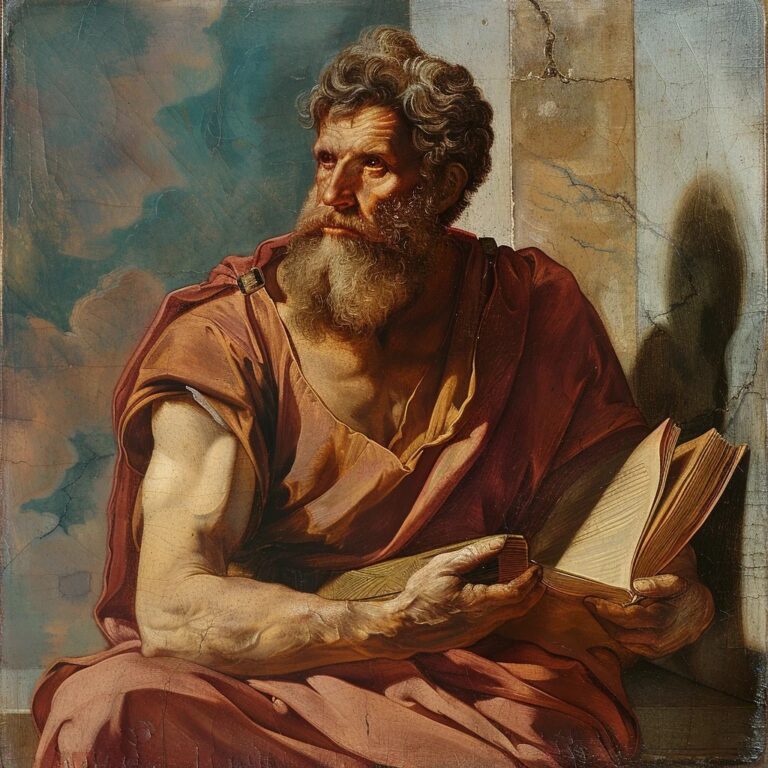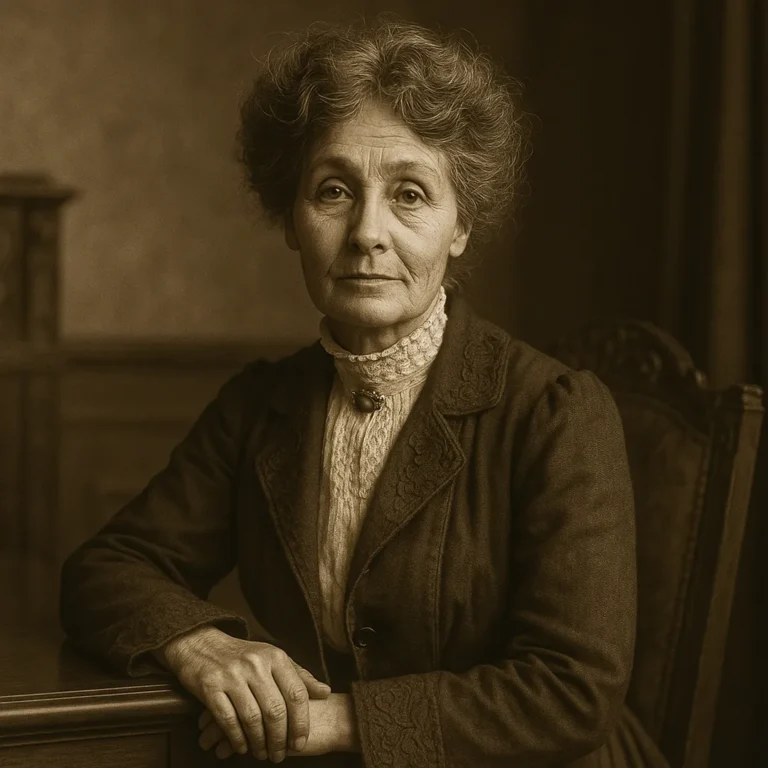Pythagoras was born around 570 BCE on the island of Samos, Greece.
He founded the Pythagorean school, a religious and philosophical community that believed in the transmigration of souls.
The Pythagorean theorem, a² + b² = c², relates to the sides of a right triangle and is one of the most famous theorems in mathematics.
Pythagoras and his followers believed that numbers were the essence of all things and that numerical relationships underpinned the structure of the universe.
He made significant contributions to the understanding of musical harmony, discovering that the length of strings on musical instruments corresponds to whole number ratios.
Pythagoras is often credited with the discovery of irrational numbers, though this is a topic of historical debate.
His teachings included the belief in the 'harmony of the spheres,' the idea that planets and stars move according to mathematical equations and produce a form of music.
Pythagoras and his followers practiced strict rules, including dietary restrictions, and believed in the purification of the soul through philosophy and mathematics.
He is said to have coined the term 'philosophy,' meaning 'love of wisdom.'
Pythagoras was highly influential, and his ideas shaped later philosophical and scientific thought, particularly in the works of Plato and Aristotle.
The Pythagorean brotherhood was a secretive society, and much of what is known about Pythagoras comes from later sources.
He believed in the immortality and reincarnation of the soul, asserting that it could live in both human and animal bodies.
Pythagoras is credited with various mathematical discoveries, including properties of numbers such as even and odd, triangular, and perfect numbers.
His influence extended beyond mathematics to areas such as astronomy, where he contributed to the understanding of the Earth's spherical shape.
Pythagoras's ideas and teachings have been passed down through generations, maintaining his legacy as a foundational figure in Western philosophy and mathematics.



